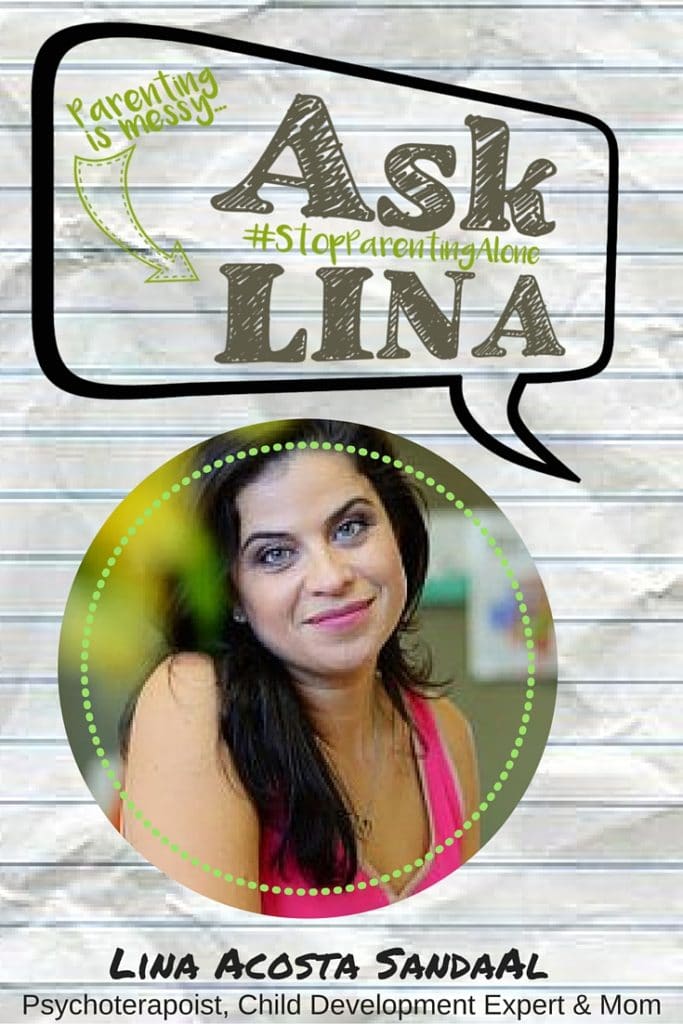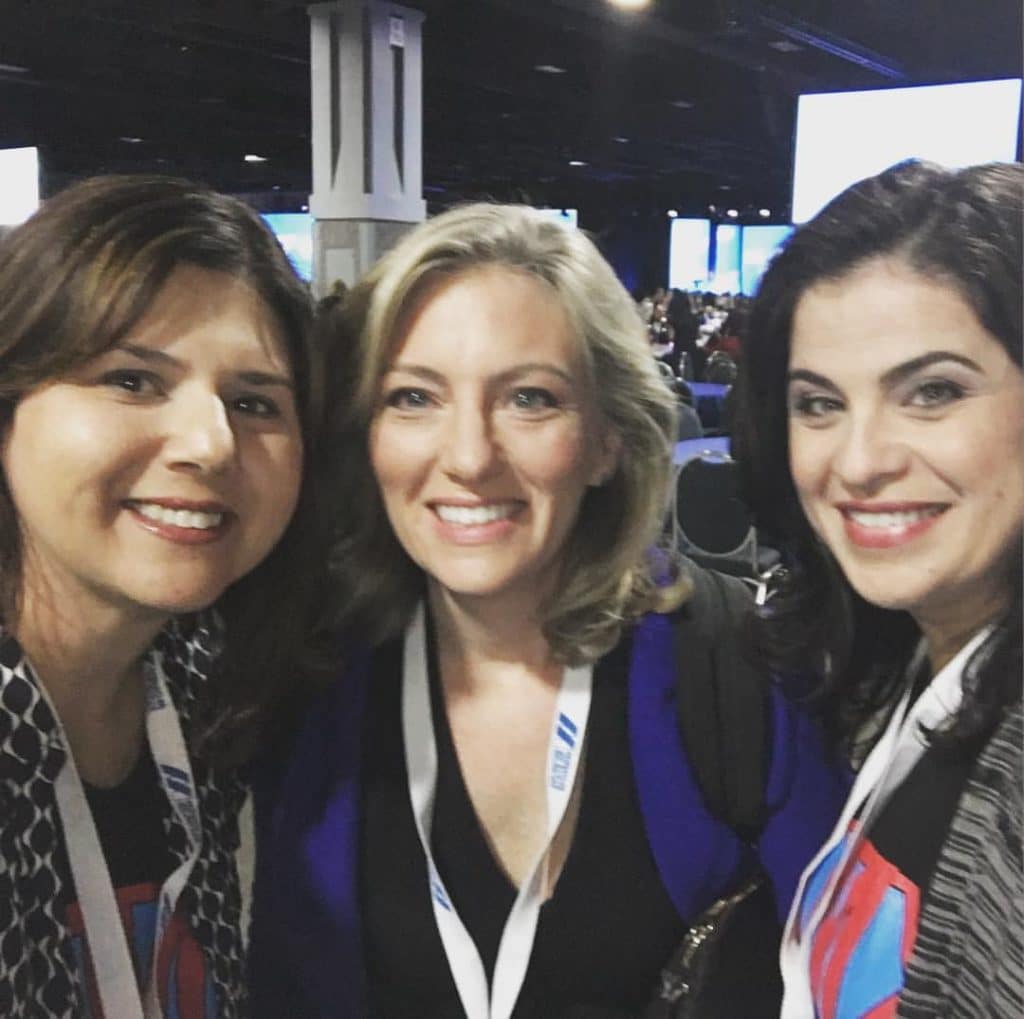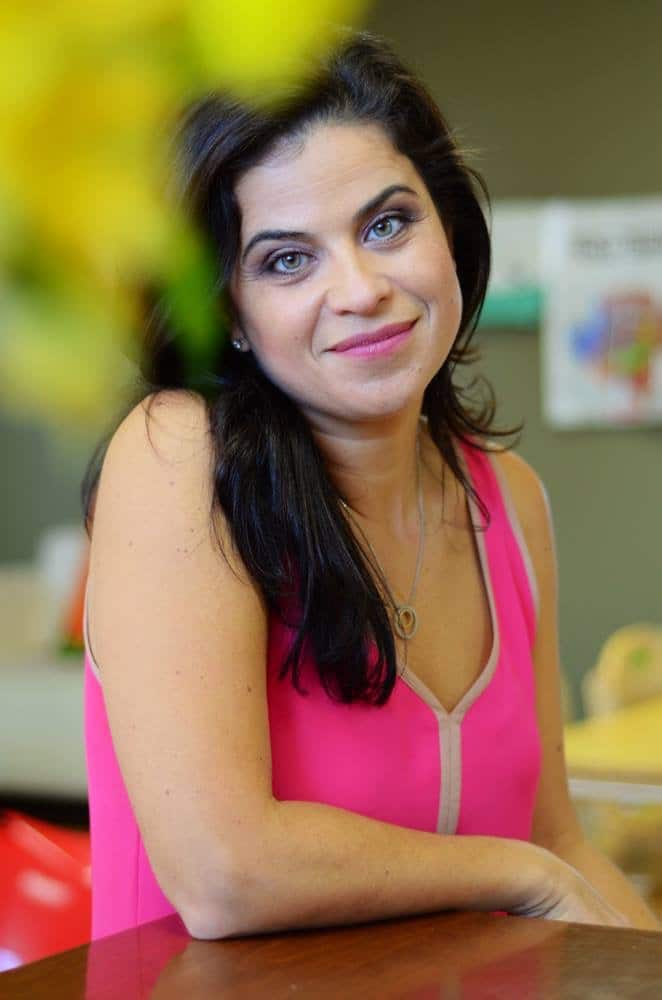
Last month, I sat in a room with 5000 individuals dedicated to advocating for others in their community and effecting change at The United States of Women Summit.
At the end of the day, the crowd broke into an uproar when we heard Oprah Winfrey proclaim, “Hi, everybody!” We had all been anxiously awaiting the Q&A of Oprah with Michelle Obama, the hostess of our summit.
After Oprah asked her what she would be leaving the White House most proud of, she stated, “my daughters,” and then she ended that dialogue by exclaiming that she could “…breathe a sigh of relief that I didn’t mess them up.”
Here I was hearing the again from a parent that most would imagine has it all together. She is married to the President of the United States, and in most of what we see and read she has made great choices for her girls.
** Watch the entire Oprah & Michelle Obama interview below**
But our First Lady, like many of you who are reading this, worried, from the moment her girls went to school for the first time with Secret Service in tow, to her daughter’s high school graduation about how she could avoid “messing them up.”
I loved it!
Below are 4 tips to help you from “messing up” your kid:

Me proudly showing my United State of Women badge.
Tip #1: Work on Your Emotional Intelligence and Teach Your Children
Being emotionally intelligent is the process of being able to feel a feeling, tolerate a feeling, and recuperate from a feeling. Take a moment and wonder are there any feelings that you avoid? How do you avoid them? We are meant to feel ALL feelings.
If there is one that you tend to avoid (e.g. anger, sadness, fear) then that is the one that you are usually telling your child to stop feeling or expressing, because of your personal discomfort with the emotion. Most times, you probably experience that feeling in your child and then label it as “bad behavior.” It is my number one intervention when doing a parent consult.
Tip #2: Learn and be Clear on Normative Development
Most parents get stuck in expecting too much or too little from their children and teens as it pertains to their normative developmental markers. At times what is normative in development may be seen or experienced by a parent as challenging behavior or disrespect.
When the children are infants there are myriad books explaining each developmental milestone, but once you arrive at three or four years old that information tends to be limited. it is important to seek out books on development and what to expect in the milestones through out their time at home.
The next time you visit the book store buy a child development book rather than one on parenting. If you understand how they are developing and how they perceive the world at each age group you will be able to make better choices with rules, routines, and daily activities.

Me with Los Tweens & Teens founder & publisher, Cristy Clavijo-Kish, and the mastermind behind all things, Rowe Finkbeiner of Mom Rising (center), at the United State of Women 2016.
Tip #3: Be a Secure Base
Our children take their safety cues from us. The first time you see it as a parent is when they are toddlers and they explore and check in with us time and again. Children continue to do this through adolescence; as they get older, the checking in takes on the complexity of their age.
To make sure you are a secure base, attempt to make sense of your past, how it affects your present and your parenting answers will follow. The latest studies in attachment and neuroscience state that all children thrive when a parent can make sense of their past experiences and how it affects them in the present.
Tip #4: Be clear on your family values and what you want to teach your children
Our children take their safety cues from us. The first time you see it as a parent is when they are toddlers and they explore and check in with us time and again. Children continue to do this through adolescence; as they get older, the checking in takes on the complexity of their age.
To make sure you are a secure base, attempt to make sense of your past, how it affects your present and your parenting answers will follow. The latest studies in attachment and neuroscience state that all children thrive when a parent can make sense of their past experiences and how it affects them in the present.
Become adept at these and you will not “mess up your” children. When it comes to parenting always remember that it is a daily opportunity to guide, teach, and love a citizen of the world. Our First Lady has done an amazing job at adding two great citizens into our world.
Now it’s your turn!
Watch the entire interview with Oprah and First Lady Michelle Obama below:

Lina Acosta Sandaal, MA, LMFT is a psychotherapist, child development expert and founder of Stop Parenting Alone, a parenting and therapy center in Miami, FL. She is the parenting expert on Telemundo’s national morning show Un Nuevo Dia, a co-chair from the Florida Maternal Mental Health Collaborative and a consultant for MomsRising, a national organization advocating for children and family rights
